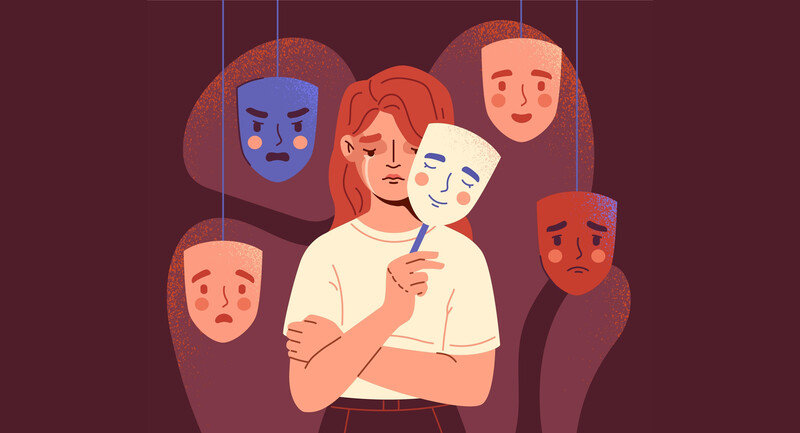We talk a lot about how the pandemic has been hard for teachers and parents, but how are our kids doing?
A new book by leading psychology professor Elizabeth Englander and English professor Katharine Covino aims to help kids—specifically ages 8-11—understand the mental health challenges they may be going through during the pandemic and offer ways to cope.
Cyberbullying. Depression. Risk-assessment. Boredom. With kid-friendly language and humor, The Insanely Awesome Pandemic Playbook: A Humorous Mental Health Guide for Kids handles scary and serious issues in a very approachable manner that engages kids and encourages them to talk about their struggles.
“Do you feel zombied from too much tech?” begins one chapter about screen time. “Do you find that spending too much time with your new best friend (READ – your iPad) makes your eyes cross? Come on now, be honest. We all know that dull-eyed look that happens when we’ve been staring at a screen for far too long.”
Another chapter describes the complexity of risk assessment in fun and easy-to-understand terms. “Each time we consider doing something during the pandemic, we have to consider what we’d gain and what we’d stand to lose,” the authors write. They then offer up several silly elevator-based activities and ask kids to rank them from least-risky to most-risky, including “riding in an elevator alone” or “riding in an elevator with 10 people having a wrestling and yodeling contest.”
An accompanying guide for teachers and parents offers activities and discussion guides to keep the conversation going. Classes can read the book together, and teachers can help children focus on the main educational lessons in each chapter and segment and pose questions for further discussion.
“Children in this age group need particular attention right now,” Englander said in a recent conversation with ASCD. “While teenagers have more emotional and cognitive resources to function with an ongoing crisis like a pandemic, 8- to 11-year-olds have fewer of these resources and need more scaffolding. Past research has suggested that when children are in these kinds of extended situations, they are very likely to bring social and emotional difficulties back into school with them. So, it’s very important that educators have some tools they can use with this age group, which is why we wrote this book.”
For teachers teaching online, the book addresses several big challenges their students might face. “Online school is extremely fatiguing for children and teachers, and it’s very hard to keep focus and concentration in young students,” says Englander. “In addition, it can be very distracting trying to teach online, as students may be in a location that isn’t conducive to learning.”
The authors also dedicated a section to “Zoom-bombing,” a phenomenon many teachers have noticed, where family members intervene in the lesson by answering for the child or giving the child the answer.
“All of these things make it extremely challenging to teach right now, and that’s why we address all of them directly in the book,” she adds.
Englander is the founder and executive director of the Massachusetts Aggression Reduction Center (MARC) at Bridgewater State University and a nationally recognized expert on the issues of bullying and cyberbullying and children’s use of technology. Since COVID-19 hit, she has been working to release information and resources to schools to promote strong mental health and social relationships during physical distancing and health and safety measures. She’s also been examining the issue of rising depression and anxiety in children.
Englander partnered with Katharine Corvino, a professor at Fitchburg State University who brought the “kid humor” to the book, making serious information accessible and funny to young readers.
“We’ve had absolutely wonderful feedback from children and parents about the book,” Englander says. “We hope that it makes children feel more empowered to really examine how they’re feeling about things.”
MARC has also been offering free resources to teachers as students return to school online and in-person.
Both The Insanely Awesome Pandemic Playbook: A Humorous Mental Health Guide for Kids and the companion guide for teachers and parents is available for free download today, February 11, 2021.








